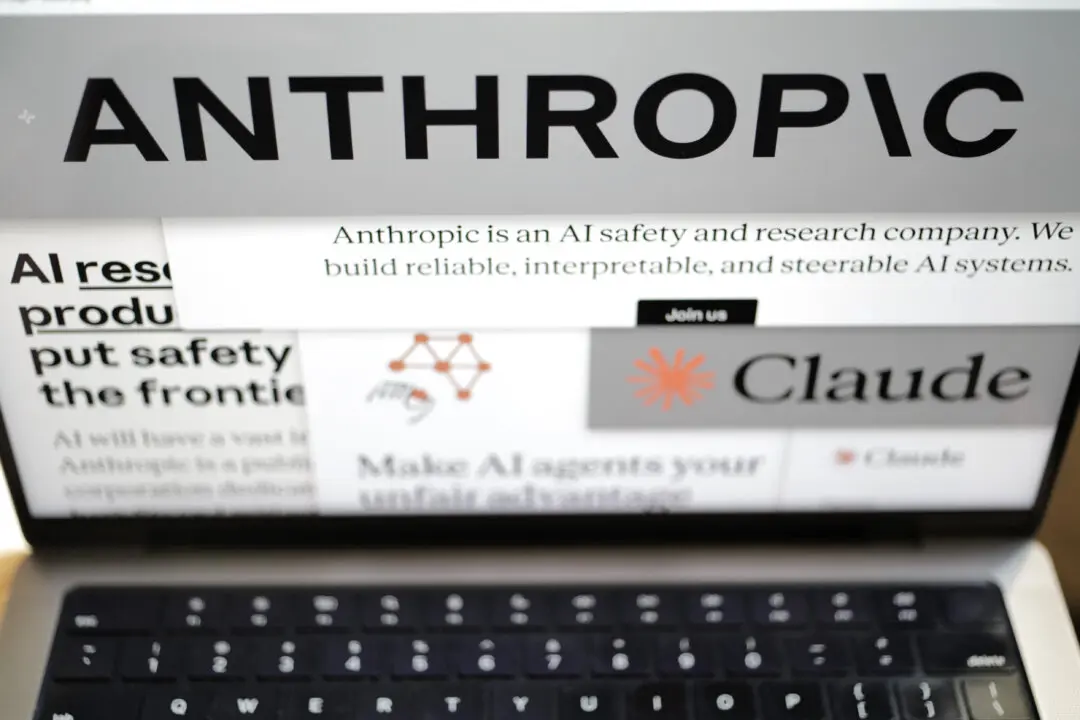A recent study found that college professors across the United States are overwhelmingly in favor of Democrats over Republicans when it comes to making political donations.
The study, conducted by Heterodox Academy Director of Research Sean Stevens and Brooklyn College Professor Mitchell Langbert and published by non-profit organization National Association of Scholars, showed that political contributions made by college faculty members were “almost exclusively to Democratic candidates and committees.”





